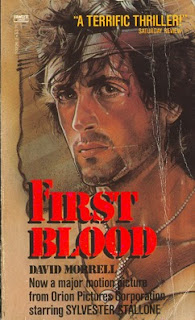Difficult Dhalgren
The Millions has a fun series going -- short posts about "difficult books" . "Difficult" is, of course, a relative term, and I could spend the entire afternoon analyzing it, but I won't, because I'd rather celebrate Garth Risk Hallberg writing about Samuel Delany's Dhalgren . The post is one of advocacy more than analysis; it's Hallberg making the case to read the book, to give it a shot. He's one of the better literary critics I know of, so I hope he'll return to Dhalgren at more length. I have no problem with Dhalgren being labeled "difficult" -- I've talked to lots of people about it over the years, and most of us who came to love the book got to that point from a moment of difficulty, both difficulty with the book and, to broaden the implications of the word, difficulty with things outside the book. Indeed, it's one of those novels that seems to benefit from being read at certain times: difficult times. I know ...




